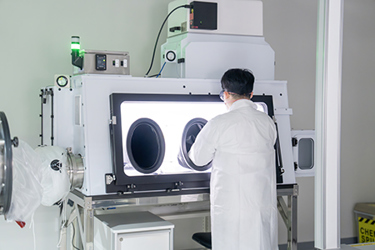Analytical Strategies For Impurity Control In Antibody-Drug Conjugates
By Seokho Hong, Samsung Biologics

Antibody-drug conjugates (ADCs) merge the precision of monoclonal antibodies with the potency of cytotoxic drugs, creating powerful therapies for cancers resistant to traditional treatments. Their development, however, is highly complex, requiring careful optimization of antibody engineering, linker chemistry, payload selection, and the drug-to-antibody ratio (DAR), which affects efficacy, pharmacokinetics, and toxicity. To meet evolving regulatory expectations and compressed IND timelines, developers must implement comprehensive, phase-appropriate analytical strategies early on.
A successful ADC program depends on hybrid analytical approaches that address both biologic and small-molecule components, including DAR measurement, free drug quantification, and residual solvent analysis using methods like hydrophobic interaction chromatography (HIC), liquid chromatography-mass spectrometry (LC-MS), reverse phase liquid chromatography (RP-LC), and gas chromatography (GC). These analyses ensure product identity, stability, and safety while controlling product- and process-related impurities. By applying platform-based methods, cross-functional expertise, and tailored analytical workflows, organizations can reduce handoff inefficiencies, accelerate development timelines, and build robust CMC strategies that scale from early development through commercialization.
Get unlimited access to:
Enter your credentials below to log in. Not yet a member of Bioprocess Online? Subscribe today.
